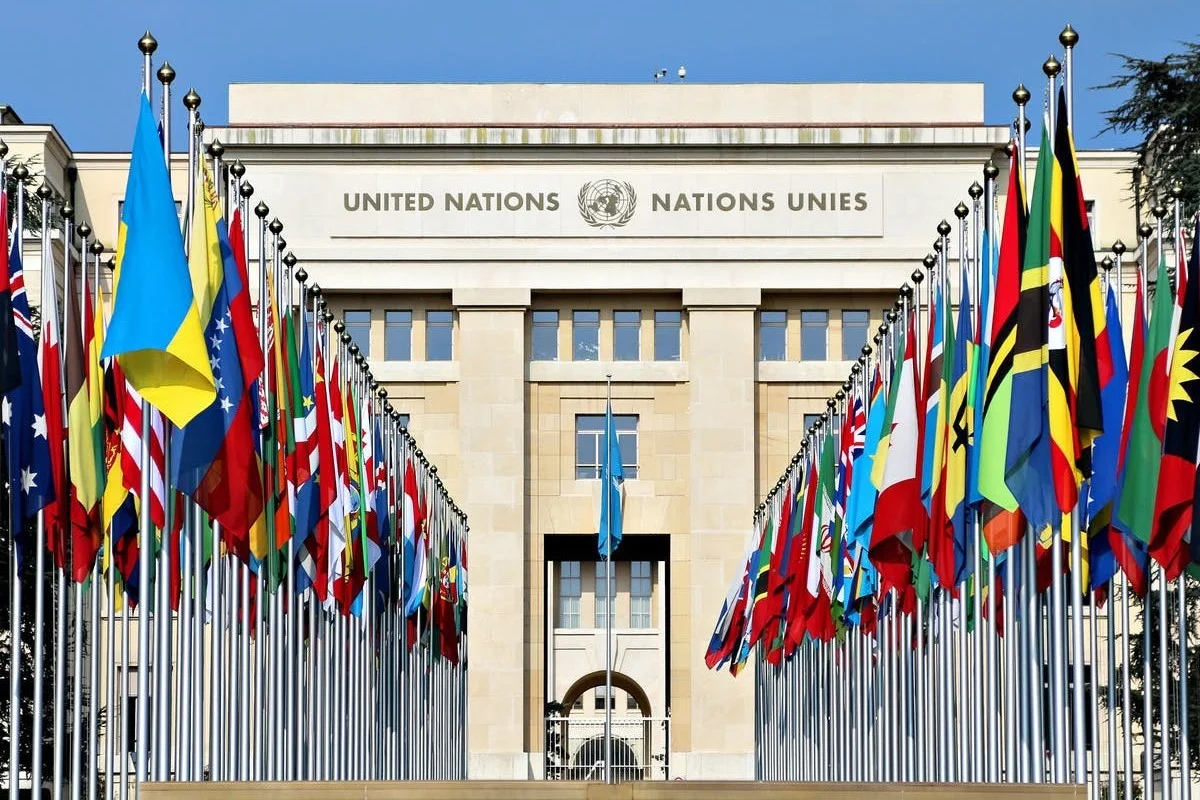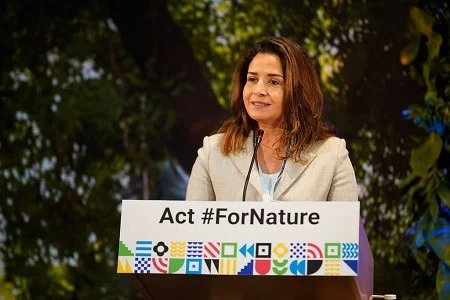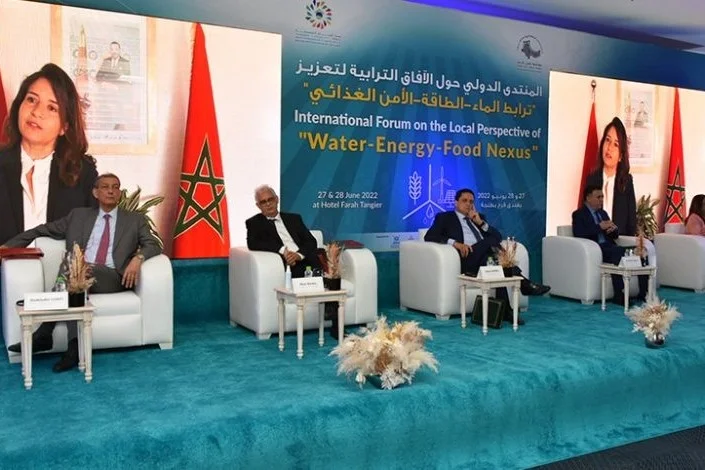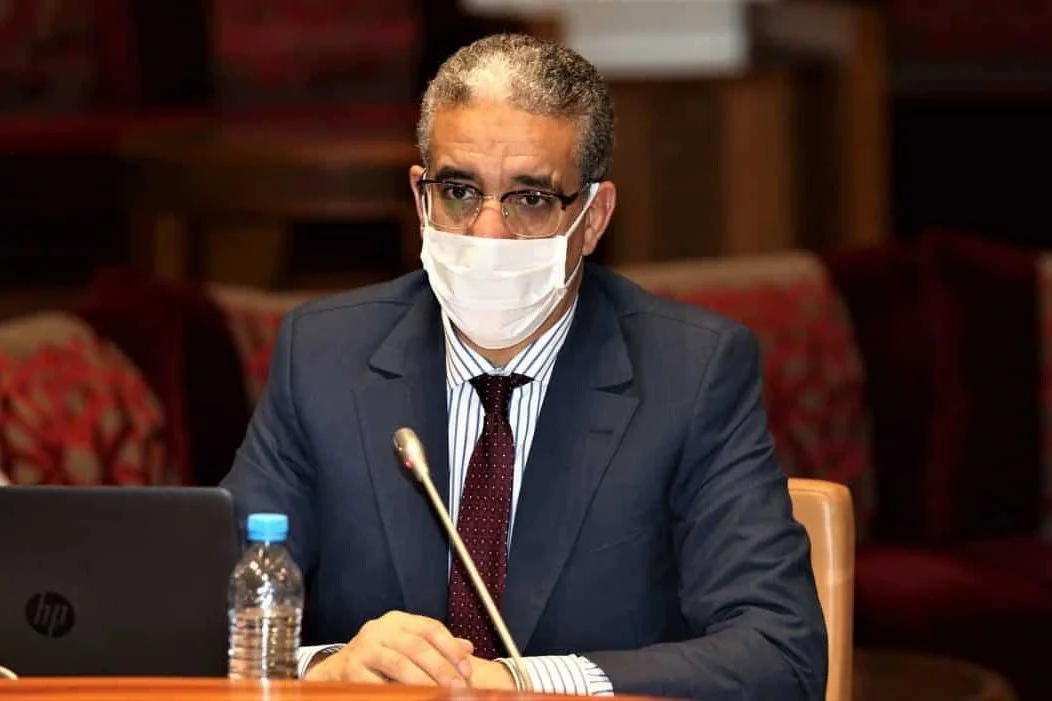Sustainable development in Morocco… Renewable energy is a model of 7-year achievements that contributed to meeting local and export demand
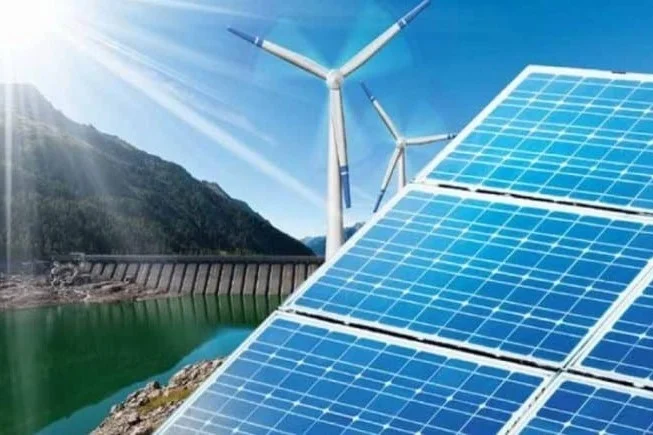
Within 7 years, sustainable development in Morocco has made decisive strides that have consolidated the foundations of the North African country’s economic development, after devoting a third of the country’s gross domestic product to supporting the infrastructure that covers those goals.
Since joining the Sustainable Development Goals Program in 2015 until now, Rabat has harnessed all its investments and capabilities to meet those goals, especially in the fields of electricity, renewable energy, and hydrogen, according to a report by Morocco World News. It achieved the Sustainable Development Goals in Morocco has taken important steps, especially since the recent fluctuations in the energy markets have highlighted the countries’ capabilities to benefit from these crises by diversifying energy sources, according to the report seen by the specialized energy platform.
The United Nations Global Sustainable Development Initiative includes 17 goals announced in 2015, and countries adopting environmentally friendly climate goals have added them to their phased plans for the energy transition.
Morocco’s ambitions have risen to the point of aiming to supply the local market with about 4 terawatt-hours of electricity, and the international market with up to 10 terawatt-hours by the end of the decade, which requires increasing investments in renewable energy infrastructure in Rabat, until it reaches 6 gigawatts.
Energy sources in Morocco
During the journey to confront the repercussions of the Corona virus pandemic, Morocco’s sustainable development goals sided with the principle of energy independence to provide alternatives to international supplies, and to add more diversity to energy sources in Rabat. The pandemic and its repercussions in recent years have reinforced the steps that Morocco instilled in the country’s new energy policy in 2009, which was based on reducing dependence on foreign energy imports and expanding access to electricity at reasonable prices. In light of the impact of fuel imports by the pandemic, and in conjunction with Morocco’s local gas production contributing only 20% to meet demand, especially electricity generation, Rabat expanded its energy independence plans, transforming from a country importing fossil fuels to a country that can benefit from the potential of solar and wind energy.
With imports declining at greater rates currently – affected by the Russian invasion of Ukraine and turmoil in energy markets – the sustainable development goals in Morocco have begun to search for alternative energy sources and projects that can contribute to generating electricity, in parallel with enhancing oil and gas reserves.
Morocco ranked third in the Arab world, and 66th globally, as a model of countries preparing to complete a successful energy transition journey during the current year (2022), according to the World Economic Forum report issued in April 2021.
Electricity and renewable energy
The sustainable development goals in Morocco found their focus on the potential of renewable energy, which currently contributes more than 35% to the electricity mix, especially since this potential is also supported by government plans that aim to increase its production to 52% by the end of the decade (2030).
Rabat took into account the role of renewable energy projects and continuous expansions while aiming to reduce emissions by 13%.
There are a variety of renewable energy sources in Morocco – most notably solar energy and wind energy – which ultimately allows for meeting the demand for electricity, protecting the environment, and promoting energy independence away from foreign imports. Renewable energy has benefited from the diversity of the energy mix in Rabat, and by implementing the sustainable development goals in Morocco, the country has transformed over the past decade into a leading clean energy country on the global level.
By developing several investments and projects in the green energy sector, the state has launched its plans to increase the share of renewable energy to 52% by the end of the decade (2030), rising to 70% in (2040), and reaching 80% by the middle of the century (2050).
These ambitious plans enhance the Kingdom of Morocco’s emergence on the international scene as an attractive country for renewable energy investments supported by a legal framework.
 Albania
Albania Algeria
Algeria Andorra
Andorra Argentina
Argentina Armenia
Armenia Australia
Australia Austria
Austria Azerbaijan
Azerbaijan Bahrain
Bahrain Belgium
Belgium Bolivia
Bolivia Brazil
Brazil Bulgaria
Bulgaria Cambodia
Cambodia Cameroon
Cameroon Canada
Canada Chad
Chad Chile
Chile China
China Colombia
Colombia Costa Rica
Costa Rica Croatia
Croatia Cyprus
Cyprus Czechia
Czechia Denmark
Denmark Ecuador
Ecuador Egypt
Egypt Finland
Finland France
France Georgia
Georgia Germany
Germany Ghana
Ghana Greece
Greece Hungary
Hungary Iceland
Iceland India
India Indonesia
Indonesia Ireland
Ireland Italy
Italy Jamaica
Jamaica Japan
Japan Jordan
Jordan Kazakhstan
Kazakhstan Kenya
Kenya Kuwait
Kuwait Latvia
Latvia Lebanon
Lebanon Libya
Libya Lithuania
Lithuania Luxembourg
Luxembourg Malaysia
Malaysia Maldives
Maldives Mali
Mali Malta
Malta Mexico
Mexico Moldova
Moldova Monaco
Monaco Morocco
Morocco Netherlands
Netherlands New Zealand
New Zealand Nigeria
Nigeria North Macedonia
North Macedonia Norway
Norway Oman
Oman